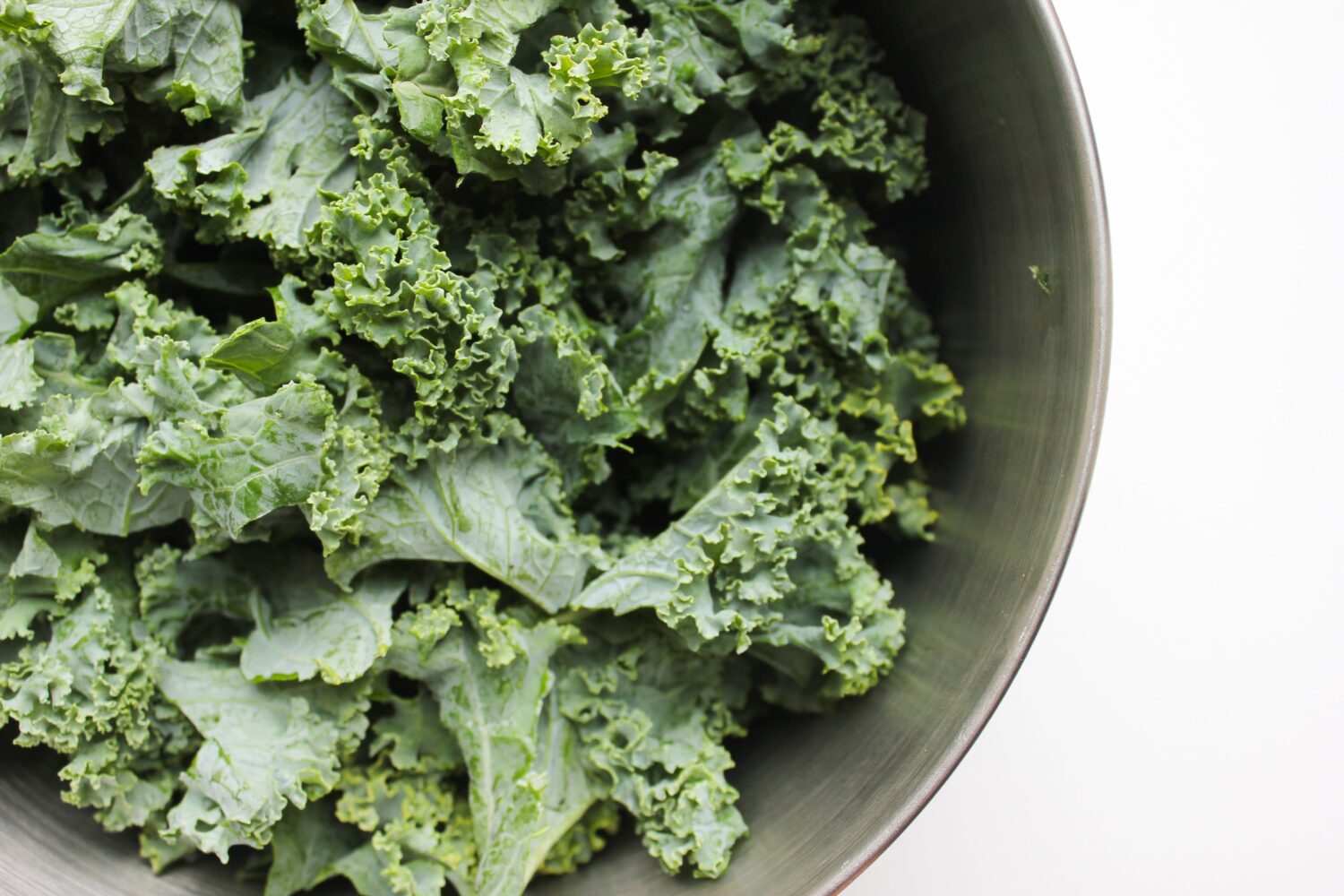
The winter season is upon us, and with it, so many delicious indulgences! We’ve all been there on a festive evening–eyes bigger than our stomach, portions adding up over a few hours, a particularly enticing menu item chock-full of rich ingredients, or sipping one cocktail too many. The result? An uncomfortably full, tight, or swollen abdomen, sometimes accompanied by pain. To help you manage these moments through the holiday season and to address persistent bloating issues, we’ve compiled some practical tips and insights.

- Take a Post-Meal Walk: Mix a stroll into your evening to help your large muscles uptake and utilize that glucose running through your bloodstream.
- Moderate Fluid Intake During Meals: Small sips are fine, but too much fluid dilutes the digestive acids that break down food.
- Finish Eating and Drinking Earlier: Set a cutoff time for meals and alcohol to give your body more time to digest and minimize sleep disruption.
- Try a 12-Hour Overnight Fast: Regular overnight fasting promotes baseline gut health. Give yourself a extra time the morning after a night of heavy eating and drinking.
- Be Prepared with Remedies:
- Microgard: A blend of herbs for digestion and bloating, improving GI function; like an herbal probiotic. Pick up a vial during your next visit to the clinic.
- Digestive Enzymes: Take them at the start of your meal.
- Apple Cider Vinegar: Mix 1 TBSP in a glass of water 30 minutes before eating (avoid if you have acid reflux).

When Bloating Persists Beyond Holiday Splurges
Chronic bloating on the regular signals an underlying imbalance. Healthy digestion should be comfortable. Here are some underlying causes:
- Immune System Response: Upwards of 70% of our immune tissue is located in our gut. Bloating can be a signal that your immune system is reacting to foods you are eating and causing low-level inflammation.
- Digestive Health and Hormones: Hormone changes in women, especially the natural changes during perimenopause, are a common cause of bloating.
- Gut Microbiome Imbalance: Conditions like SIBO (small intestinal bacterial overgrowth) can cause painful gas and bloating. A thorough evaluation and plan from your healthcare provider can help restore normal gut microbiome and motility.
- Long-Term Constipation: This suggests detoxification is not optimal and is likely impacting other body systems.
Does Menopause Cause Bloating?
Is it digestion or hormones? Oftentimes it’s both. It’s not uncommon for hormonal shifts to play a role in digestive discomfort. During perimenopause and menopause, declining progesterone and estrogen levels may affect the balance of gut bacteria, leading to bloating and indigestion. As estrogen wanes, metabolism can be slower, making processing food more difficult.
Curious about other symptoms of menopause? Check out our guide, “Navigating Perimenopause and Menopause With Integrative Care.”

Menopause Bloating Relief
There are practical steps you can take at home to address bloating and indigestion during the menopausal transition. Especially if festive habits have heightened your discomfort, incorporating at-home strategies can help you manage your symptoms for a more comfortable holiday.
What Tea Helps with Bloating?
Just as herbal supplements play a role in supporting your microbiome and hormonal balance, herbal teas offer a gentle remedy to reduce gas and bloating:
- Mint Tea: Rich in flavonoids, known to calm bacteria in the digestive system, alleviating bloating and promoting smoother digestion.
- Citrus Peel Teas: Like lemon tea, high in citric acid, supports effective digestion.
- Chamomile Tea: Contains volatile oils which help break up gas, in addition to soothing pain-exacerbating anxiety.
- Chrysanthemum Flower Tea: Anti-inflammatory, and helps to relax the muscles and nerves to relieve discomfort.
- Fennel Tea: Eases gastrointestinal muscles.

What Should I Eat? Winter Greens Anti-Inflammatory Soup for Debloating
Take it a step further and get back on track in your own kitchen. This recipe infuses your gut with healing nutrients after a night of eating, drinking and being merry. Or make a habit of making one batch per week throughout the winter.

What’s In It for Me?
- Most green vegetables are a rich source of minerals, nutrients, and fiber.
- Dark green leafy veggies support liver function to break down hormones.
- Ginger is a powerful motility aid and warming, circulatory spice, benefitting digestion.
- Miso adds beneficial gut bacteria.
- Bone broth is a light digestible source of protein that contains beneficial elements for our gut lining.
Ingredients:
- 8-10 cups bone broth, chicken or veggie stock.
- 2-3 bunches of various greens (kale, collards, bok choy, swiss chard, cabbage, etc.), chopped
- 5-10 slices fresh ginger depending on your taste
- 1-5 cloves of garlic, smashed, depending on taste
- Other desired veggies. Good additions include onions, celery, carrots or mushrooms, chopped.
- For heartier soup add chicken, organic tofu cubes or sausage. You can use cooked from a previous meal, or use fresh/raw.
Preparation:
For raw tofu: cut into 1” cubes.
For chicken: Whether using thighs or breasts, simmer them whole. Thicker breasts need longer cooking time. You’ll remove them with tongs after cooking to shred into bite size pieces.
Try fresh sausage with the mirepoix version below.
Bring broth to a simmer while chopping veggies. Add greens, veggies, ginger, garlic, salt and pepper. Add other flavor profiles you like (tamari sauce or fresh squeezed lemon for example). Simmer ~10 minutes. Add in your protein choice and cook at a medium simmer, at least 10 minutes for chicken and pork. Remove whole chicken thighs or breasts with tongs when cooked through to at least 165 degrees internally and cut into bite-sized pieces. Add more salt and/or pepper to taste.
→For a more layered approach, first cook a mirepoix: Heat 1 TBSP olive oil and brown sausage for about 5 minutes. Next add chopped onion, carrot, celery, garlic and saute until translucent, about 5 minutes. Strain out excess fat from sausage. Now add your broth, greens, ginger and additional flavoring, and simmer for about 15 minutes. Salt and pepper to taste.
→To add beneficial probiotics: Stir in 1-2 TBSP miso to your bowl until dissolved. Add AFTER cooking, when soup is hot but not boiling. (Adding traditionally fermented miso to boiling fluids kills the beneficial bacteria.) Miso Master is traditionally fermented and typically available at Whole foods or other health foods stores.
When to Seek Professional Help
If bloating persisting and interferes with daily life, it’s important to address possible immune, digestive, or hormonal dysfunction. At AcuGroup, we offer tailored integrative treatments, including acupuncture, personalized herbal and nutraceutical formulas, dietary and lifestyle recommendations, and functional medicine testing to alleviate bloating and menopausal symptoms.
Discover how our integrative and functional medicine specialists can help you diagnose and resolve these issues to help you feel your best.



